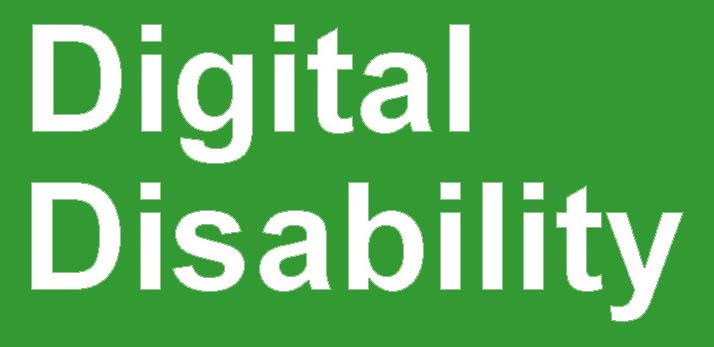Working with our consortium partners Creative United and the Arts Marketing Association, this new programme has been designed to support the sector in developing essential skills in business planning, audience development, leadership and change management, with the aim of creating a better connected, informed and resilient heritage landscape across England.
Participating organisations will benefit from a range of training, mentoring and peer learning, through which each organisation will develop a clear business plan, a developed income strategy and the tools and knowledge to respond to their specific needs and challenges. The 12-month project is free to take part in and we are delighted to have been able to award a number of access grants to ensure that all organisations are able to engage fully.
More on Heritage compass




